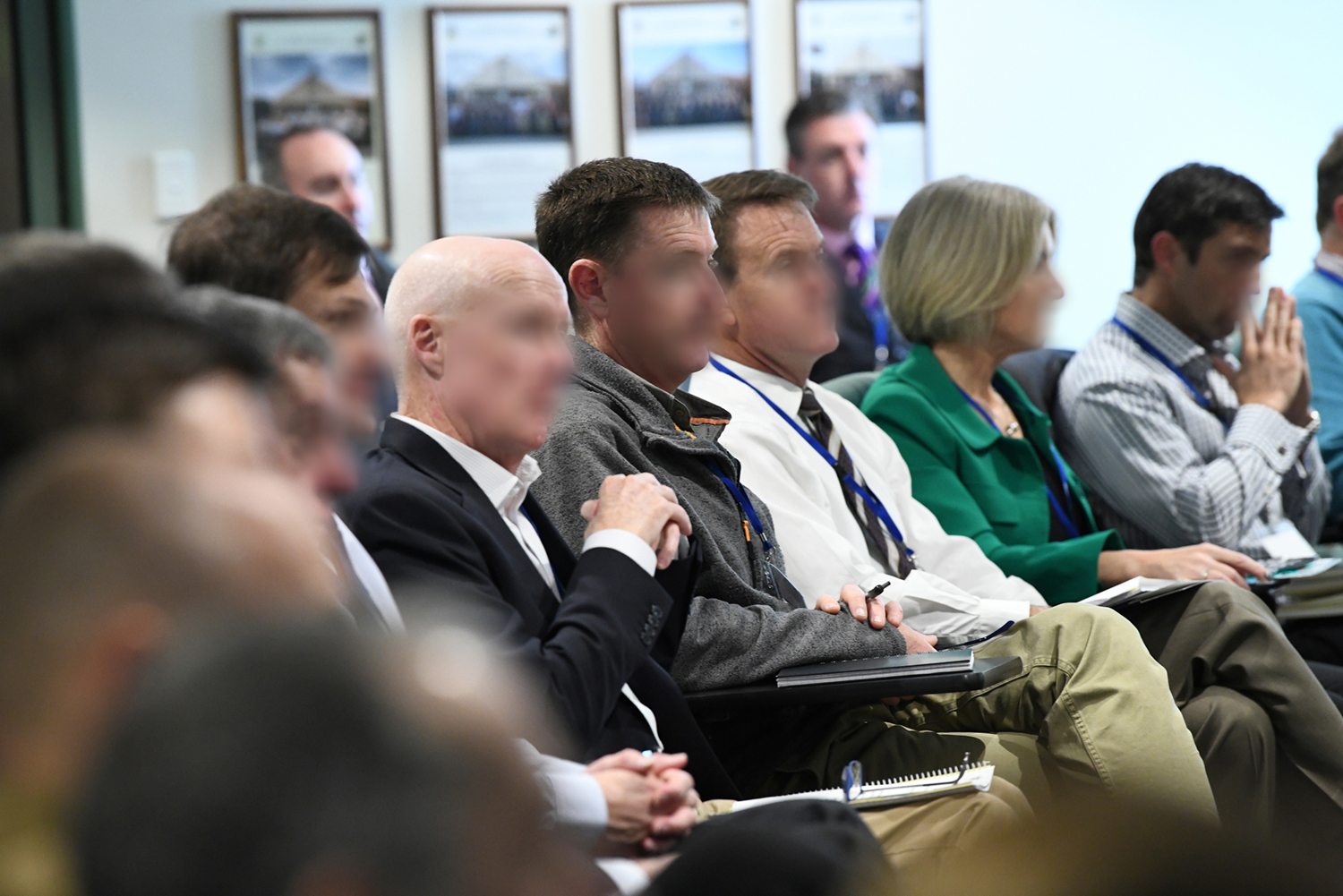The popular image - and confirmed in slick recruitment videos - paints the picture of the modern soldier: intelligent, confident, resilient, adaptable and resourceful. But I can tell you a story of a naval logistician questioning her future, or of a pilot exhausted and frustrated by bare passes in exams, or of working with a special forces officer crying over his essay.
Nothing exposes vulnerability like intellectual endeavour. I’ve been teaching at what is now the Australian War College for over six years, and I’ve seen first-hand the deeply personal nature of academic challenge.
Much of this has to do with expectations. Officers who get into the Military and Defence Studies Program (also known as the Australian Command and Staff Course or ACSC) have demonstrated a range of skills; they are experienced professionals who are rightly confident in their abilities, and they’ve received promotions and feedback reinforcing a perception of themselves as intelligent, confident, resilient, adaptable and resourceful. And, indeed, in my experience most of them are all those things, and more – but these professional competencies are demonstrated in a context in which those individuals have learned to become capable and comfortable.
The rigors of the ACSC change the context. While there are opportunities on the course for collaboration, intellectual endeavour is a largely individual pursuit. You are measured by criteria which seem hard to fathom. You stand or fall, or so it seems, by what goes on between your ears. There is no hiding, nothing even really to show for all your hard work; you can be shown up at any moment in a syndicate, and you’re only as good as your last exam. If you allow it, you become racked and stacked by the clinical application of a number out of 100, for which the only logical measure is a comparison with your peers.
Even more confronting is the measure you have of your self. Your sense of self is constantly under attack from your own expectations; it’s difficult not to feel like an impostor amongst a community of deserving intellects; doubt surrounds you; the weapons at your disposal are unclear and unreliable; those around you seem better equipped; attrition, manoeuvre, deception, insurgency - everywhere and unremitting.
All pretty grim, isn’t it. Well, no, it isn’t, and I’ll tell you why.
But first, let’s be really clear about the importance of the academic challenge: the Commander of the Australian Defence College, Major General Mick Ryan, has articulated the need for an “intellectual edge” and what that might mean; the Australian Army has its Accelerated Warfare initiative which relies heavily on out-thinking rather than outgunning adversaries; the banner of the Forge is “Build and hone your intellectual advantage.” As General Ryan put it in an earlier post, a successful national force prepared for the future requires “continuous learning in a rapidly changing world, and more sophisticated, widely-distributed learning approaches”; what is needed is “the development of an ultra-professional intellectual military culture – from deployed forces, to education and training institutions, through to strategic planning approaches.”
And let’s also be very clear about the course. The ACSC is unashamedly intellectual. It’s intensely focused on building critical thinking skills in context of helping its course members to develop new ways of thinking for new ways of learning. It’s only grim if you think about education as some kind of test which others insist you do. If education has no intrinsic value, if it’s just a course you do, if you look forward to finishing it so that you can get back to the “real” world and a “real” job, then it is, indeed, grim.
Education worthy of the name is confronting. But it’s also creative. Its real energy – and its benefits – come from within. Education is neither a lecture, nor an exam; it’s not reading and it’s not writing; it’s what you take from the college and into the world; it’s what you carry with you evermore. It deserves respect. Serious respect, not just a flippant nod because that’s what’s expected. It requires passion and persistence, discipline and stamina, openness and adaptability, honesty and self-reflection. Learning to love learning, despite its tribulations, is first and foremost a private love. But for it to be valued, and to be effective, it needs a community of like-minded people who are willing to question, and to be questioned. It requires acknowledgement from the entire military community that it is foundational to your success as individuals and to the success of the organisation. Perhaps the greatest challenge which the Australian Defence Force currently faces is to nurture a culture that can sufficiently respect education.
That vulnerability which our course members experience is inevitable. It is the nature of genuine intellectual engagement; such is the challenge. You may not be able to do it, the risk of failure is there, and easy answers – sometimes much of an answer at all – are beyond our grasp. The contemporary imperatives of military leadership demand nothing less.
Dr Jack Bowers is Director of Studies for the Military and Defence Studies Program at the Australian War College in Canberra. He is also a senior lecturer in the College of Asia and the Pacific at the Australian National University.
@sthenelaidas
Defence Mastery
Social Mastery
Please let us know if you have discovered an issue with the content on this page.
Comments
Start the conversation by sharing your thoughts! Please login to comment. If you don't yet have an account registration is quick and easy.




